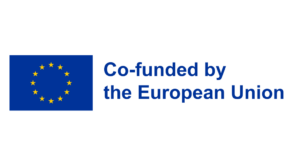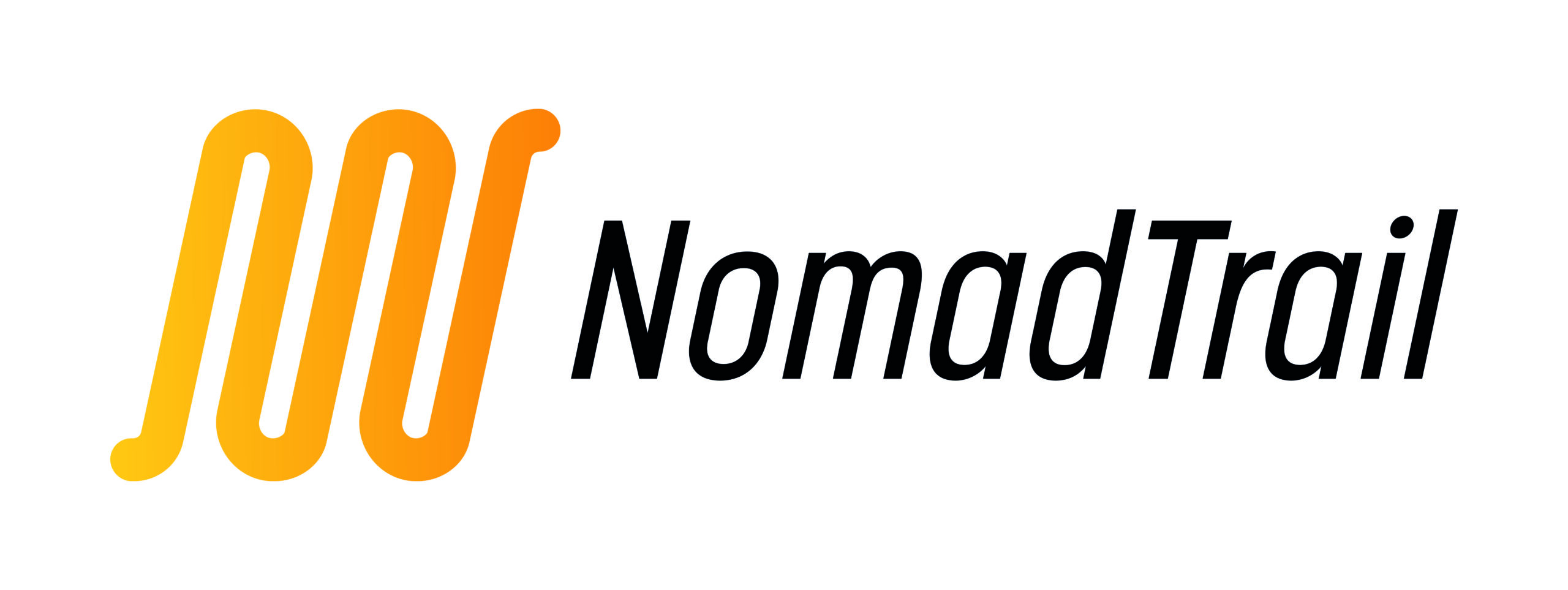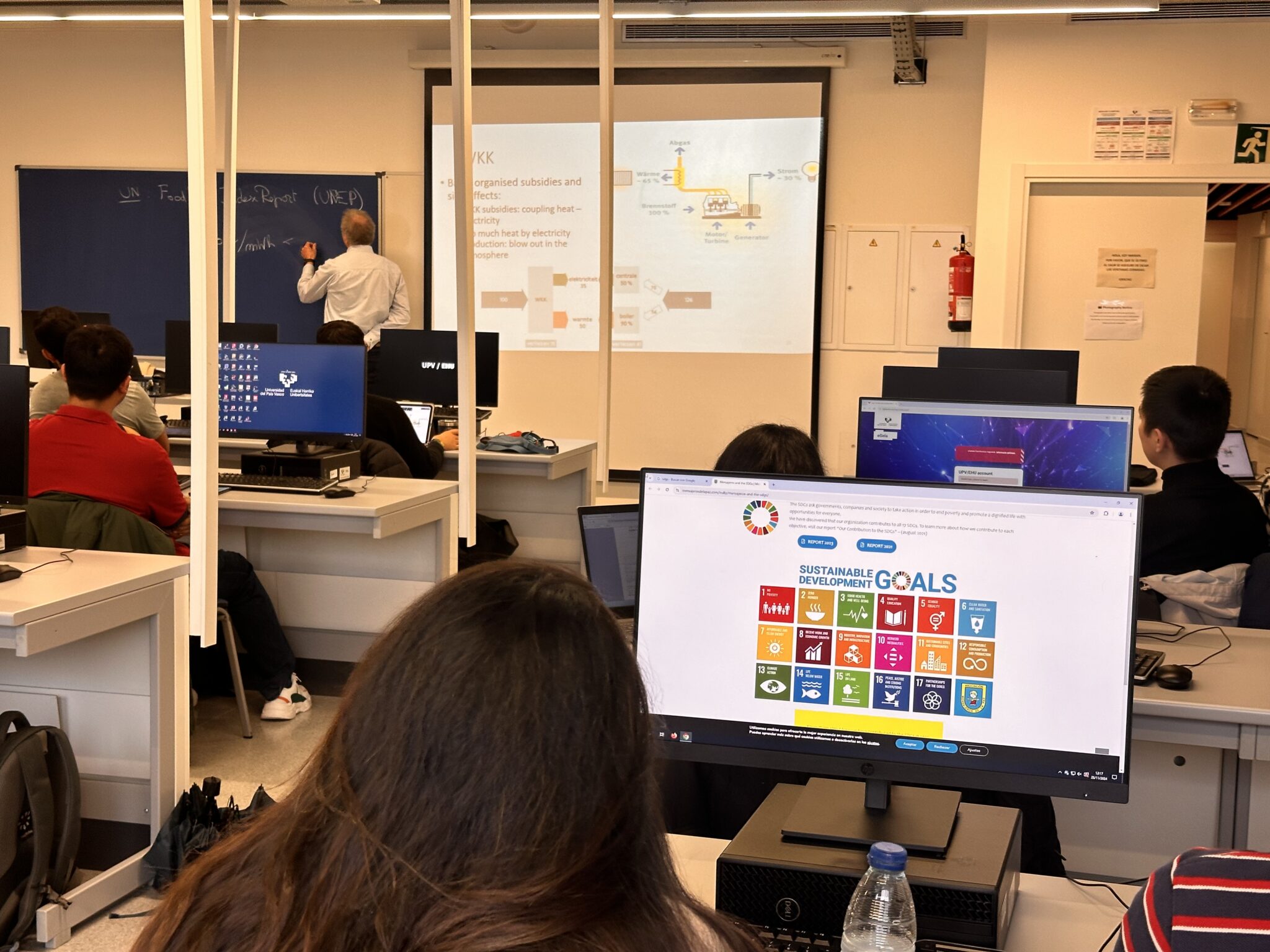The Erasmus+ NomadTrail project’s innovative course, “Agile Cross-Border Project”, concluded successfully on January 11, 2025. Master’s level students from the University of the Basque Country (UPV/EHU) in Bilbao and Dortmund University of Applied Sciences and Arts (FH Dortmund) in Dortmund presented their final app prototypes and detailed their agile processes. Designed to address sustainability challenges, the prototypes demonstrated students’ creativity, teamwork, and mastery of agile methodologies.
This four-month program offered participants the opportunity to engage in a hands-on, interdisciplinary learning experience. Through interactive virtual sprints, students enhanced their digital literacy, cross-border collaboration, and project management skills. The course structure encouraged teamwork between diverse student groups, fostering innovative thinking and practical problem-solving.
Participants applied key project management principles and agile concepts to structure their workflows and achieve project goals effectively. Guided by the Agile Manifesto and Scrum methodology, they defined roles such as Scrum Master and Product Owner, developed backlogs of epics and user stories, and assigned story points using Scrum poker. Teams planned their work in four agile sprints, conducting sprint reviews and retrospectives to evaluate progress and refine their processes.
Students utilized the Digital Sustainability Canvas (DSC), a tool developed at UPV/EHU, to visualize and assess their projects’ sustainability impacts. This framework guided students in balancing social, economic, and environmental considerations while crafting no-code, user-friendly app prototypes. The final presentations highlighted a variety of innovative solutions addressing key sustainability and digital transformation challenges, including apps promoting eco-friendly practices, social responsibility, and digital inclusivity.
The course was led by Carsten Wolff and Christian Reimann (FH Dortmund), who provided guidance throughout the agile process, and Carolina Cruz and Maider Iturrondobeitia (UPV/EHU), who oversaw the sustainability and project management components. The structured approach to project management not only improved the students’ technical and organizational skills but also enabled them to adapt to the dynamic challenges of cross-border collaboration.
The success of the “Agile Cross-Border Projects” course underscores the commitment of UPV/EHU and FH Dortmund to pioneering educational models that prioritize sustainability, innovation, and international collaboration. By leveraging the Erasmus+ NomadTrail project, which aims to immerse students in practical, entrepreneurial innovation projects, both universities continue to foster opportunities for students to engage in international, interdisciplinary teams through virtual collaboration. Building on the success of this course, they are excited to expand the program, providing future students with enriching, real-world experiences that prepare them for global challenges.






